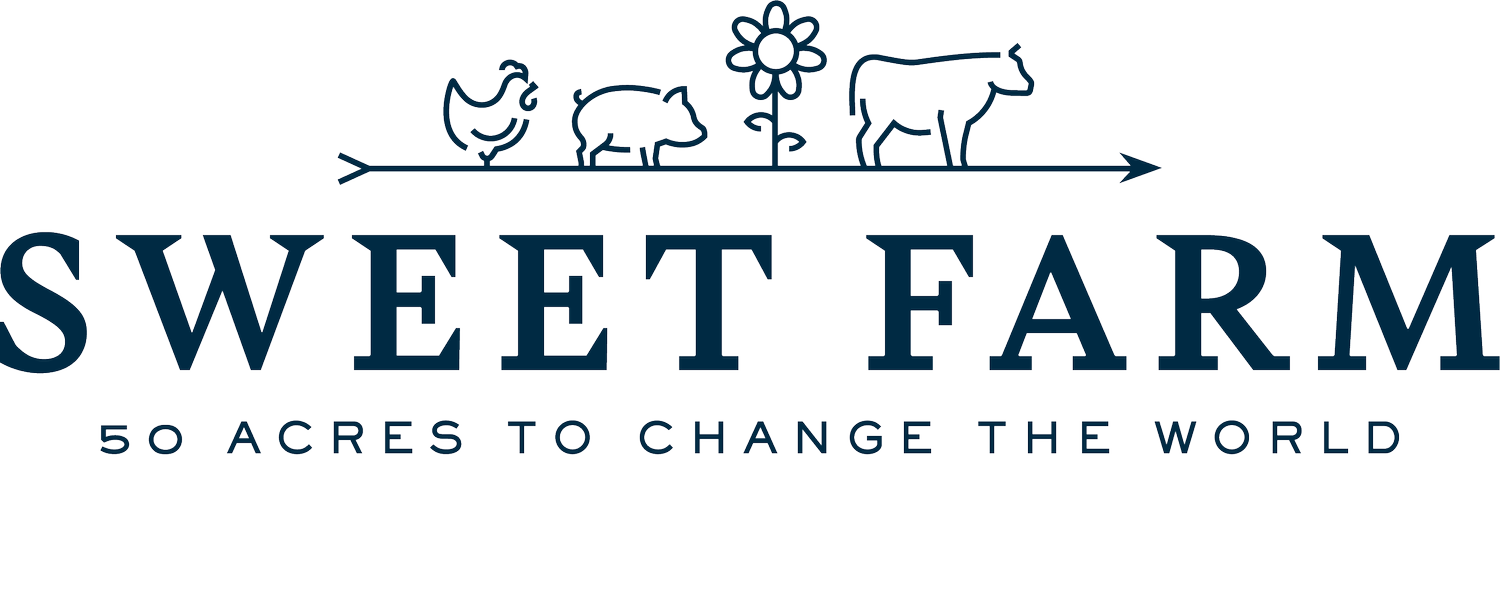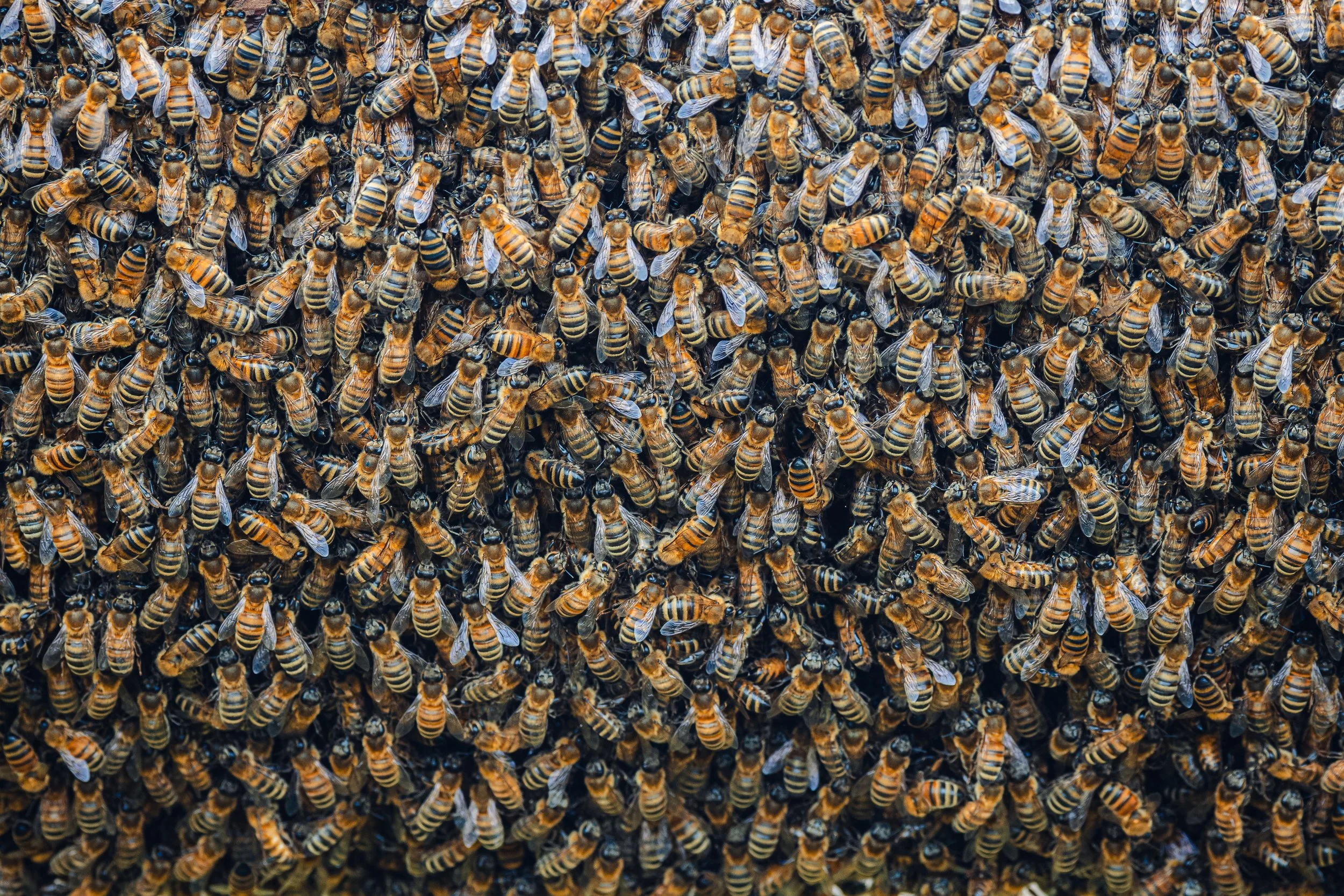Keeping the Season Green
The holidays have a way of lighting up our lives — sparkling lights, cozy gatherings, thoughtful gifts, and time shared with loved ones. Yet as beautiful as the season can be, it can also be one of the most resource-heavy times of the year. From excess packaging and food waste, to energy use and travel, our celebrations often come at a high environmental cost.
Fall Steps to Sustainability
Autumn offers a perfect opportunity to align our habits with our ethics. Read on for some simple steps for you to give back to the planet this season:
The most effective way to lower your climate footprint
DID YOU KNOW?: The biggest impact we have on the planet every single day is through what we eat? Read on to learn more…
The Surprising Climate Pawprint of Our Pets
We all love our furry companions — they're family. But did you know that our beloved cats and dogs have a surprisingly large climate pawprint?
According to a study from UCLA, the meat consumption of dogs and cats contributes to up to 30% of the environmental impact of meat production in the United States. That’s equal to the annual emissions of 13.6 million cars.
Plastic-Free July
How you can participate, succeed, and thrive with less plastic waste and more plant-based deliciousness in your life.
Planet-Friendly Summer Plans
Summer is finally here, and it's time to bask in the sun, enjoy the outdoors, and embrace all that nature has to offer. However, it's also essential to remember our responsibility to protect the environment and promote sustainability even in our leisure time. With that in mind, here are some tips for having a sustainable summer:
Thoughtful Choices to Feed the Future
Did you know that nearly one-third of the world’s cropland is used to grow feed for livestock? The lamentable deforestation that we hear about so often is actually happening in order to create grazing land for cattle and soy fields for their food. In fact, only 7% of the world’s soy crops are for human consumption. Ask yourself: Why can we feed 26 billion farm animals, but we can’t feed 8 billion humans? At Sweet Farm, we’re committed to reducing this imbalance.
Happy Earth Day!
EARTH DAY 2025 - Renewable Energy
April is always a special time at Sweet Farm, with our rescued animals excited for the return of lush grass, planting season hitting full swing, and the excitement that our garden will soon be churning out delicious veggies for all. But this April brings an extra buzz of excitement as this year’s Earth Day focus is “Our Power, Our Planet” — a call to harness renewable energy to build a healthy, sustainable, equitable, and prosperous future for all; a cause that’s deeply rooted in our mission to create a more compassionate and climate-friendly world.
Spring Cleaning!
Spring is finally at our doorstep! And while the urge to fling open our windows and clean the whole house is strong, it's important that we stop and think about whether what we are using to clean is actually cleaning or making our homes dirtier. Scroll down to see some simple sustainability swaps!
ANNOUNCING: Sweet Farm's own nonprofit sustainable goods brand!
All purchases made in our store, whether online or on the farm, support our nonprofit work of saving animals, feeding our community, and educating the public about climate-friendly choices.
Sustainable Celebrations of Love
Valentine's Day is right around the corner, and while it's a time to celebrate love, it’s also a wonderful opportunity to think about how we can show love for our planet. This year, let’s skip the roses and explore ways to make this February 14th not only special for our loved ones, but also kinder to the Earth.
BIG NEWS! You can now find sustainable goods for your home and life in our store!
Have you been wanting to start making sustainable swaps in your life but don't know where to start?
Have you been inspired by our Sustainability Newsletters??
Or have you just been wondering if there are products that eco-friendly and actually cute???
SWEET FARM HAS YOU COVERED!
Sustainable Resolutions
The start of a new year is the perfect time to make resolutions that align with your values and contribute to a healthier planet. Living sustainably doesn’t always require dramatic changes, but small, thoughtful shifts in daily habits can make a big difference. Here are four simple, impactful resolutions to help you live more sustainably in 2025…
Celebrate a Sustainable Holiday Season
The holiday season is here, and it's a time to reflect on the past year, spread joy, and connect with loved ones. But it's also an opportunity to think about how we can make our celebrations more sustainable. With a few mindful choices, we can reduce waste, save energy, and help protect the planet—all while still enjoying the warmth and magic of the holidays.
Here are some simple ways to make your holidays more eco-friendly this December:
Sustainable Thanksgiving: Skip Black Friday & Embrace Conscious Choices
As we approach the holiday season, it’s the perfect time to reflect on how we can enjoy the traditions of Thanksgiving while being mindful of our environmental impact. This year, let’s consider forgoing the frenzy of Black Friday in favor of a more sustainable, intentional approach to the holidays. Here are some simple yet impactful ways you can make a difference this Thanksgiving season:
Is there such a thing as a sustainable Halloween?
Halloween can be surprisingly wasteful due to the sheer volume of single-use items and disposable products associated with the holiday. Many costumes are made from synthetic materials that contribute to landfill waste, while plastic decorations and disposable tableware add to the environmental burden. The candy industry often relies on excessive packaging, generating significant plastic waste, and many carved pumpkins end up in the trash instead of being composted. Additionally, the energy consumption from elaborate light displays can contribute to a larger carbon footprint. All of these factors combined make Halloween one of the more wasteful holidays if sustainable practices aren’t considered.
What is Underconsumption?
What is Underconsumption?
You've probably heard this term being thrown around lately. But what does it mean and why is it "trending"? Underconsumption is the practice of deliberately consuming fewer resources and purchasing fewer goods. It’s about shifting focus from quantity to quality and prioritizing experiences and sustainability over material accumulation. This doesn’t mean depriving yourself, but rather, making intentional choices that align with a more sustainable lifestyle that focuses on what's important rather than what's new or popular.
Tackling Food Waste...and Why We Must
Food waste not only squanders resources but also contributes significantly to greenhouse gas emissions. By taking steps to reduce food waste, you can make a substantial impact on both the environment and your budget.
Enjoying the bounty of the season is actually the most sustainable way to eat!
This is our favorite time of year! Fresh flowers in our houses, homegrown salads every night, all the greens, veggies, berries we can eat. But what if you didn't grow your own garden?? Well there are lots of ways you can still enjoy nutritious, local produce and at the same time reduce your carbon footprint!
Have a Sustainable Summer!
As summer approaches, it's the perfect time to bask in the sun, enjoy the outdoors, and embrace all that nature has to offer. However, it's also essential to remember our responsibility to protect the environment and promote sustainability in everything we do. With that in mind, here are some tips for having a sustainable summer:





















